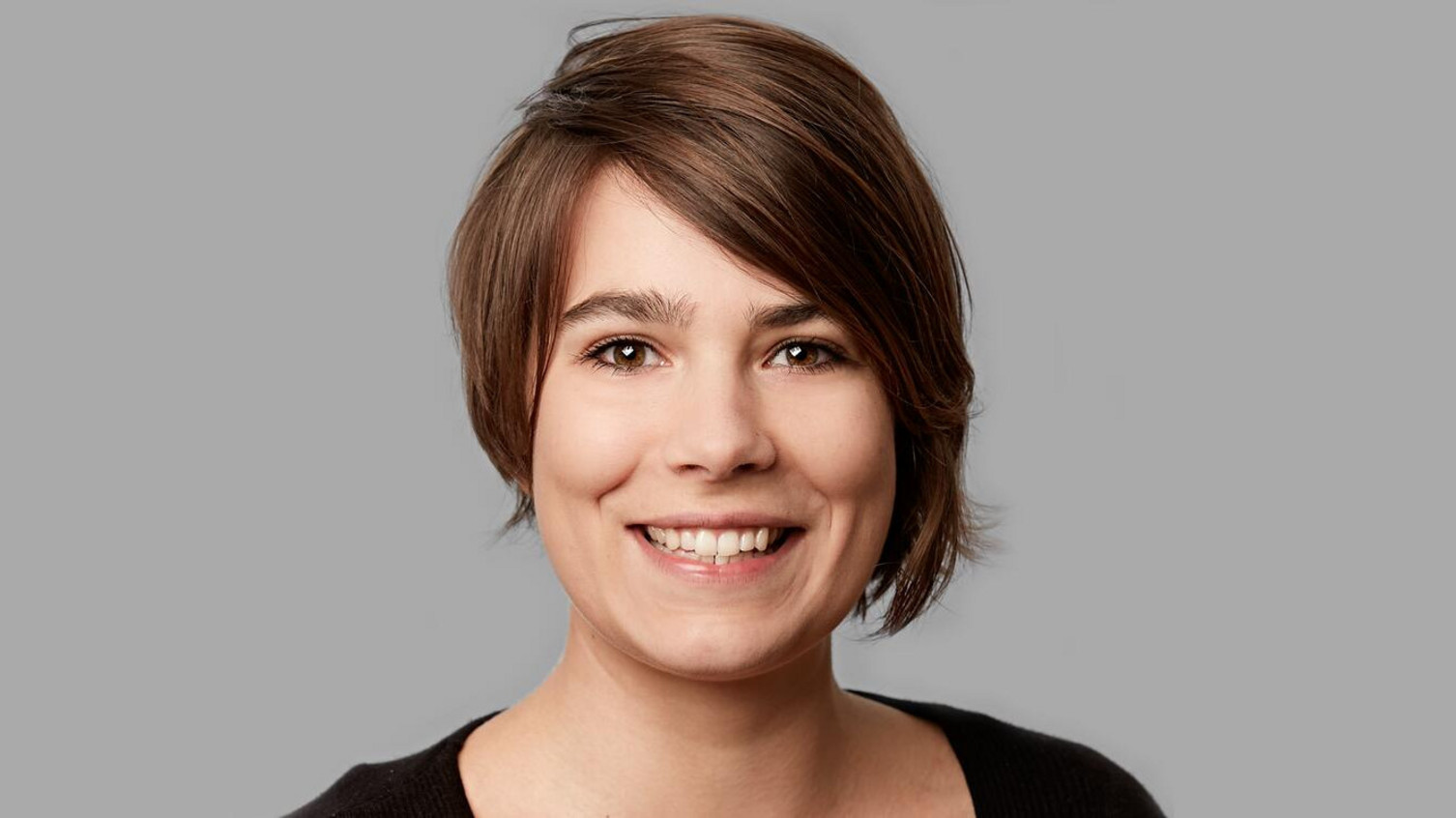Culture of Loss: Julia Böcker - "Communicative Discomfort"
2021-03-22 The doctoral student researches stillbirth and miscarriage from a sociological perspective. Now, as a Visiting Scholar, she discussed her results with an interdisciplinary team of researchers at the University of Cambridge.
Meghan Markle, Christine Teigen or Mirja du Mont - more and more prominent women are talking about their miscarriages and breaking a social taboo. "The topic of miscarriage or stillbirth still causes communicative discomfort," says Julia Böcker. The doctoral student at the Institute for Sociology and Cultural Organisation has been working on the topic of loss for some time and has led seminars on funeral culture, for example, which included visits to the Lüneburg crematorium and workshops on memory work." For her doctoral thesis, she examined miscarriage and stillbirth from a cultural sociological perspective: How can something supposedly invisible be socially recognised as a loss? For her work, the researcher conducted interviews with those affected, midwives and child undertakers, among others. "It is not uncommon for people to say, 'Don't make such a fuss' or 'That is statistically normal'," says Julia Böcker. In part, legislation also ensures social marginalisation: "Only since 2013 has there been a personal status law for miscarriages, which is linked to burial rights."
Julia Böcker's field of research is still young. Not many deal with the topic of pregnancy loss. As a Visiting Scholar at the Department of Sociology at the University of Cambridge, she had the opportunity to exchange ideas with an international team of around 40 researchers. The Reproductive Sociology Research Group conducts research on various aspects of human reproduction, such as homosexual parenthood, reproductive inequality and sexual citizenship. The network is led by sociology professor Sarah Franklin. She is one of the first researchers to analyse social change in connection with the introduction of new reproductive technologies since the 1980s. Because of the Corona pandemic, the Visiting Scholar took place exclusively online. "The time was nevertheless intense and instructive. I got good feedback on my current publication project and would like this network to continue," says Julia Böcker. She is currently completing her doctorate and will remain in academia.
Contact
Dr. Julia Böcker
Universitätsallee 1, C5.235
21335 Lüneburg
Fon +49.4131.677-2502
julia.boecker@leuphana.de

